What is an expense ratio for ETF? An expense ratio is a measure of how much a company charges to manage an ETF. It is calculated by dividing the fund’s annual operating expenses by the average net assets of the fund. ETFs are a low-cost investment option, and the expense ratio is one of the […]
What Is An Expense Ratio For An Etf
An expense ratio is a measure of how much a mutual fund or exchange-traded fund (ETF) charges to its investors each year to cover its operating costs. The expense ratio is expressed as a percentage of the fund’s average net assets and is calculated by dividing the fund’s total annual operating expenses by the average […]
Most Sifnificant Factoer When Evaluating An Etf
When evaluating an ETF, the most significant factor to consider is the underlying index. The index is what the ETF is tracking, and it is important to understand how the index is constructed and what it includes. For example, an ETF that tracks the S&P 500 index will be composed of the 500 largest companies […]
What Is An Etf Vs Admiral Shares
An ETF is a type of security that tracks an index, a commodity, or a basket of assets. ETFs can be bought and sold on a stock exchange, and they usually have lower fees than mutual funds. Admiral shares are a type of ETF that have lower fees than regular ETFs. Admiral shares are a […]
Vanguard Etf What Are Admiral Shares
What are Vanguard ETF Admiral Shares? Admiral Shares are a type of Vanguard ETF that offers investors a lower expense ratio than traditional ETFs. Vanguard Admiral Shares are available to investors with a minimum investment of $10,000 in most Vanguard ETFs. The expense ratio is the annual fee that investors pay to own an ETF. […]
How Does Etf Expenses Ratio Effect Yeild
When it comes to investing, there are a lot of factors that go into making a decision on where to put your money. One important factor to consider is the cost of the investment. This is especially true when it comes to exchange-traded funds (ETFs), which can have a wide range of expenses ratios. What […]
Where Are Etf Expense Ratios Paid
ETFs are a popular investment choice and can provide investors with a number of benefits, including low expense ratios. But where are these ratios paid? The expense ratios for ETFs are paid by the investors in the fund. This is different from mutual funds, where the expense ratios are paid by the fund itself. This […]
What Is Etf Expense Ratio
An ETF expense ratio is the percentage of a fund’s assets that are used annually to cover the fund’s costs. These costs include management and administrative fees, as well as the costs of any investments the fund makes. ETFs are designed to be low-cost, tax-efficient investment vehicles, and the expense ratio is one measure of […]
How To Price Etf
In order to price an ETF, one needs to understand how the ETF is structured. There are two types of ETFs- those that track an index and those that are actively managed. Index ETFs are designed to track the performance of a particular index, such as the S&P 500. To price an index ETF, simply […]
How Is Rsf Calculated On Etf Screen
When it comes to ETFs, there are a number of different metrics that investors can use to measure their performance. One such metric is the relative strength factor, or RSF. This measures how strong an ETF’s performance has been compared to the broader market. There are a few different ways to calculate RSF. One popular […]

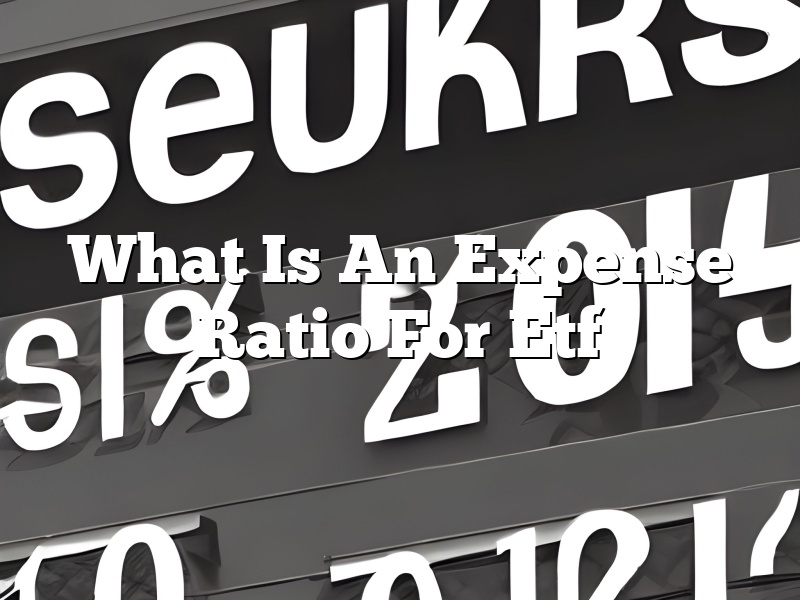



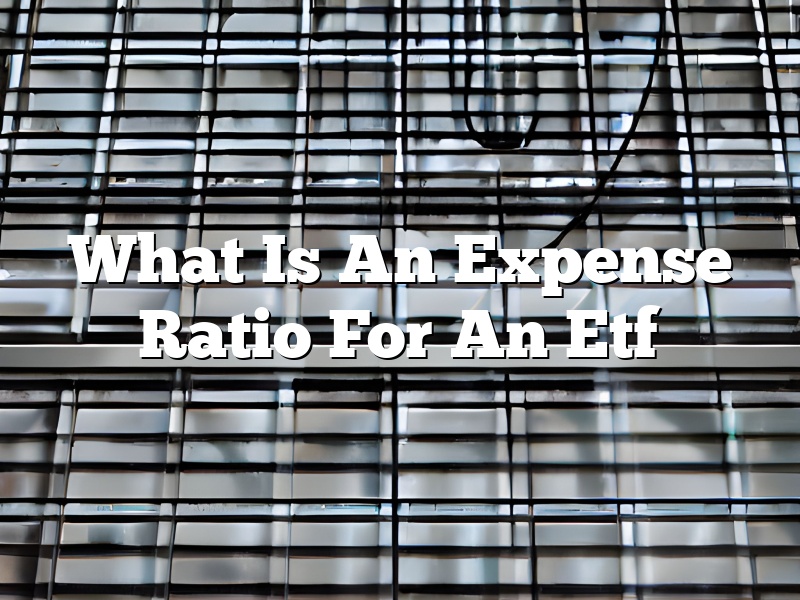
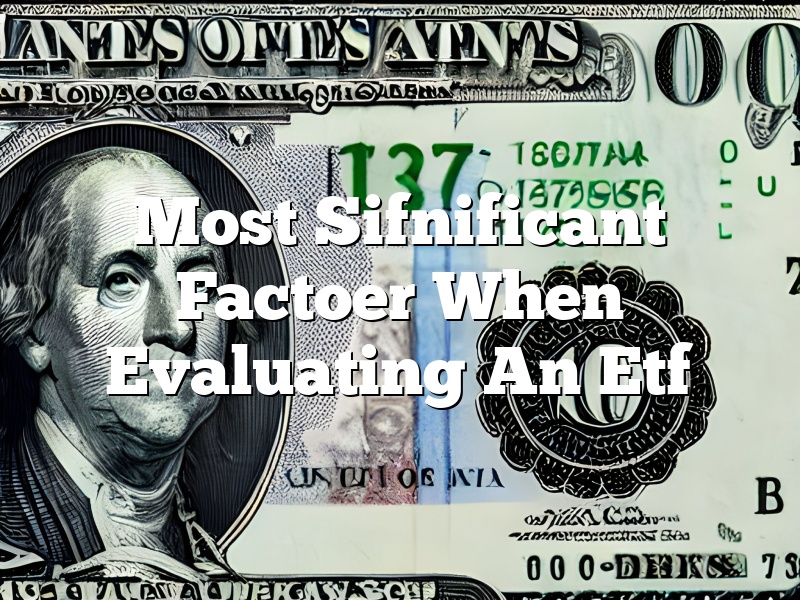



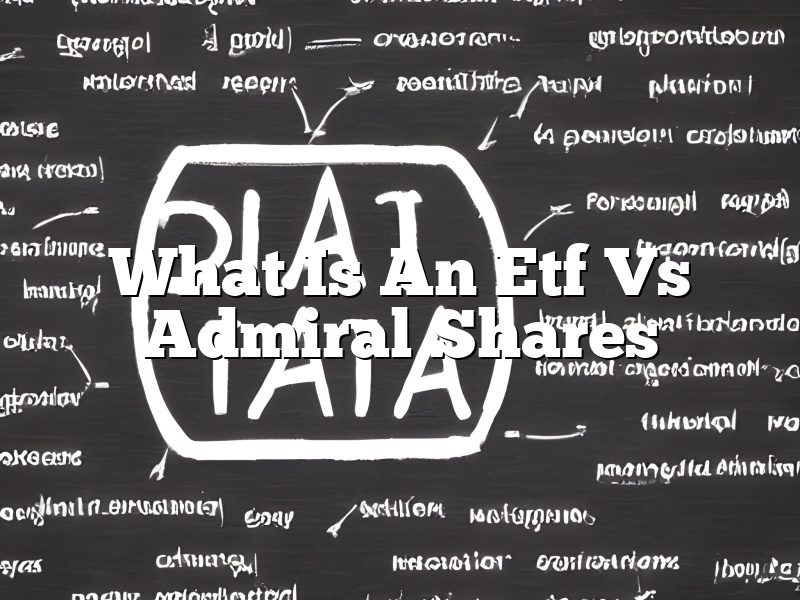




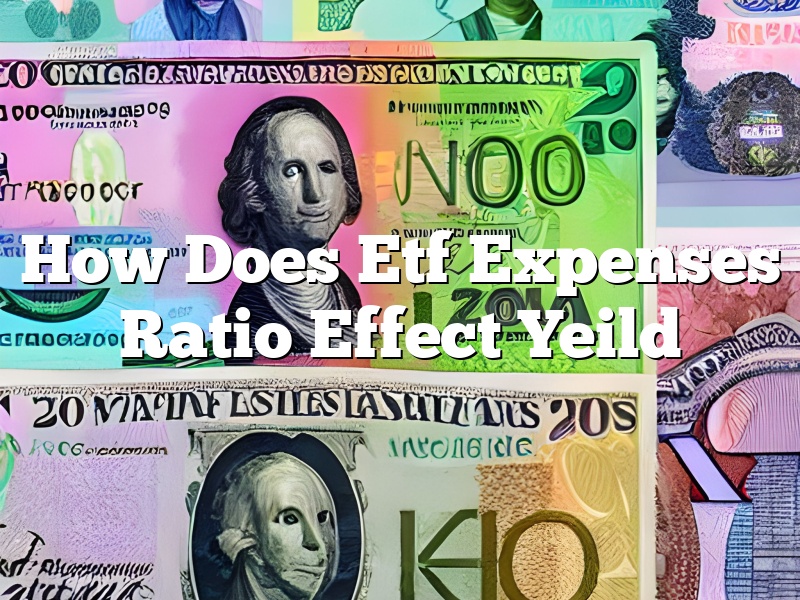



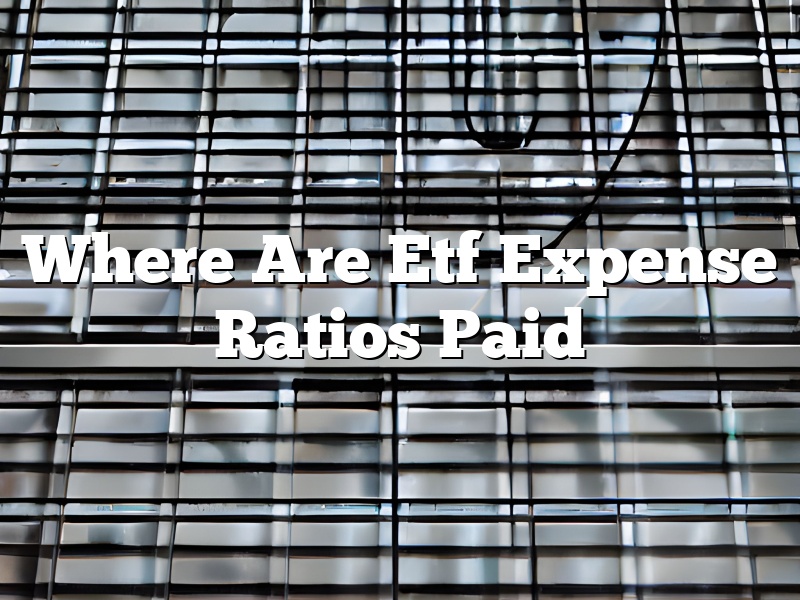



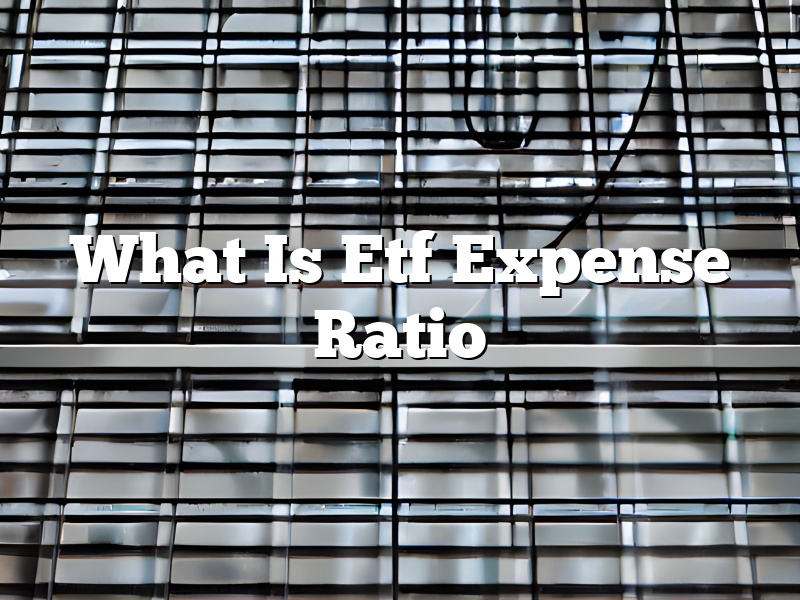

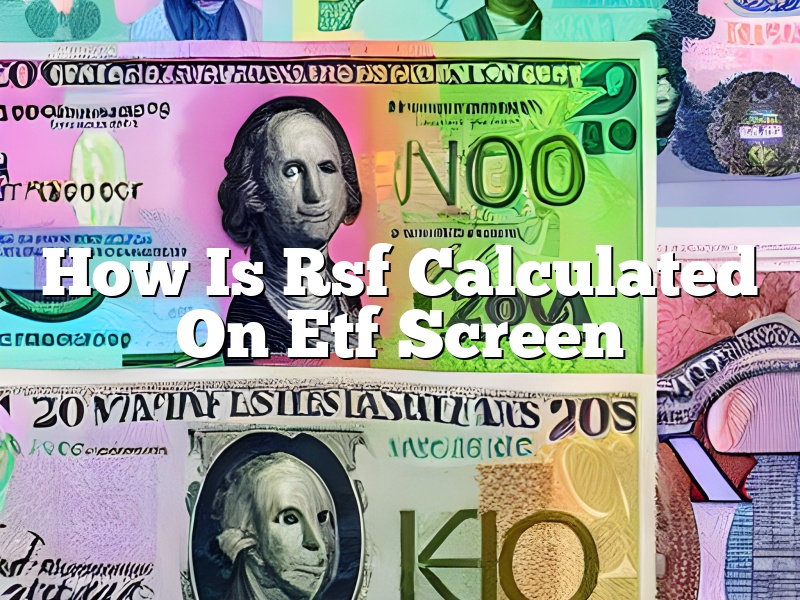




0